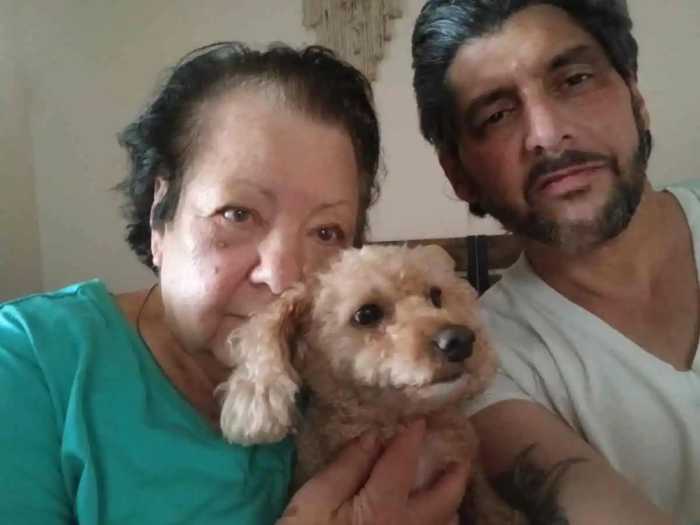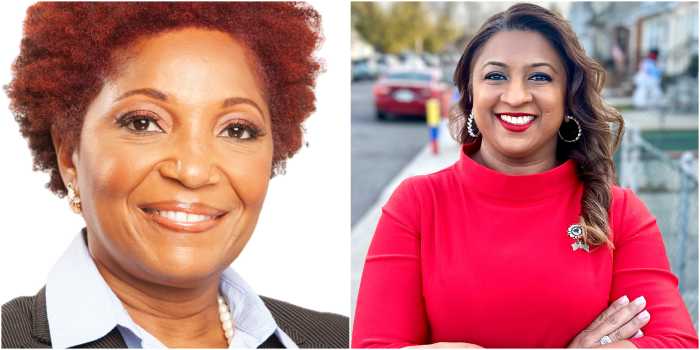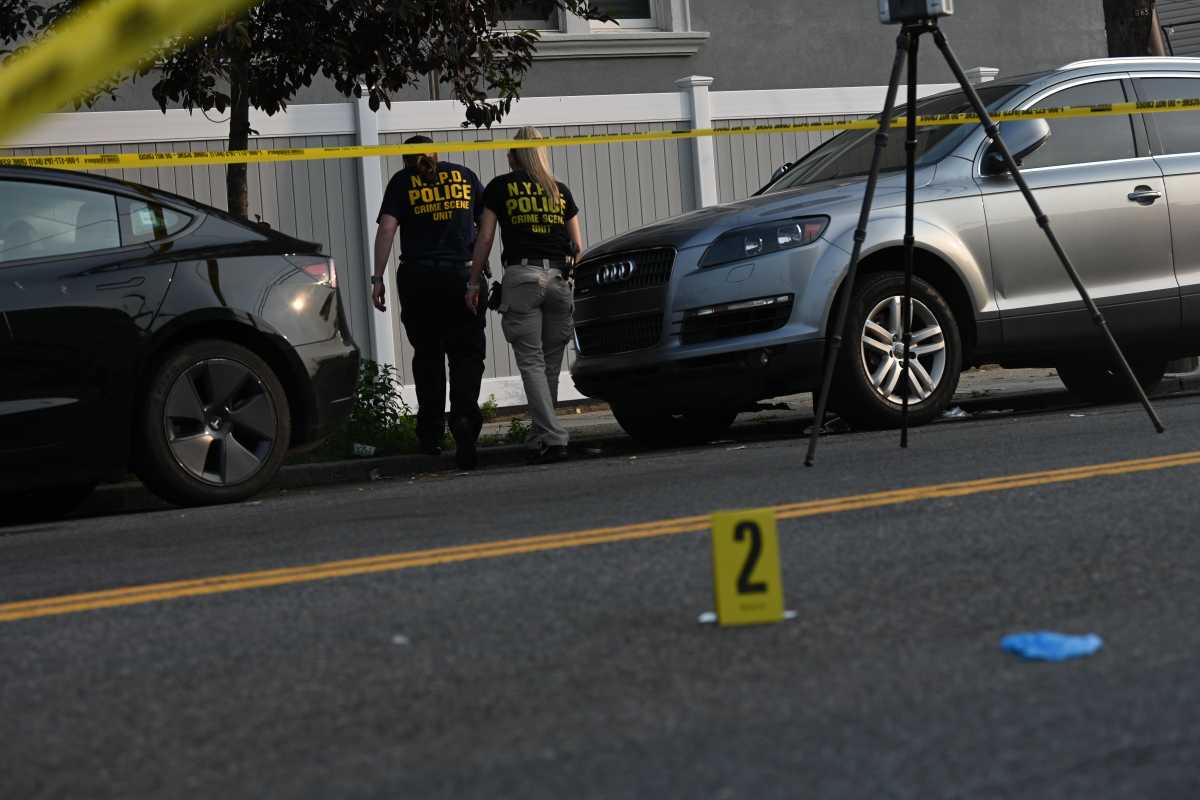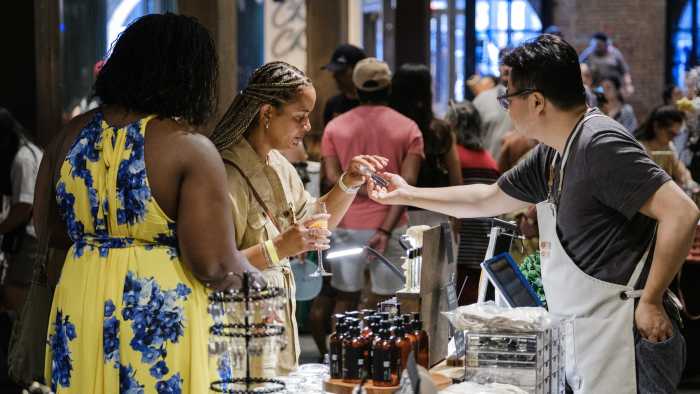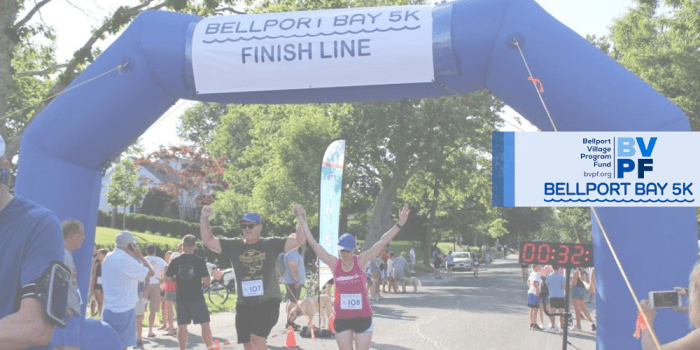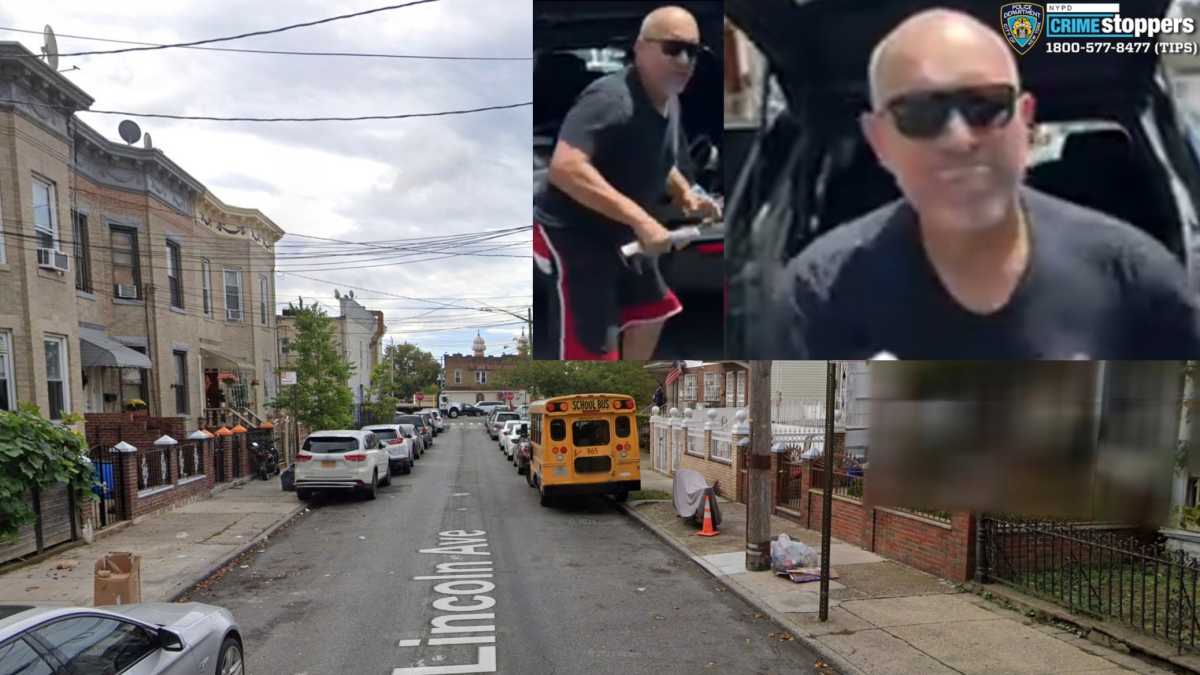A Brooklyn legislator is criticizing the city’s plan to include the Nazis’ other victims at Holocaust Memorial Park, claiming that one of the most horrific times in the 20th century was “a uniquely Jewish event.”
Assemblymember Dov Hikind, the son of Holocaust survivors, decried the city’s intention to honor the memories of homosexuals, Roma and Sinti gypsies, Jehovah’s Witnesses, the disabled and political prisoners persecuted and killed by the Nazis with five markers scheduled to be placed inside the park at Emmons Avenue and Shore Boulevard, which was dedicated to the six million Jews killed in the Holocaust back in 1997.
“To include these other groups diminishes their memory,” Hikind told reporters as he stood next to his 89−year−old mother, Frieda, at Holocaust Memorial Park Sunday with a collection of rabbis and local leaders. “These people are not in the same category as Jewish people with regards to the Holocaust. It is so vastly different. You cannot compare political prisoners with Jewish victims.” Besides publicly speaking out, Hikind also wrote a letter to both the Mayor and Parks Commissioner Adrian Benepe, asking that the changes not be made.
“Only the Jews were targeted by the Nazis for utter and complete annihilation,” he wrote. “Only the Jews were subject to the Nazis’ Final Solution.”
“No one disputes the fact that the Nazis murdered tens of thousands of others as well, but the intent of this park was to preserve the memory of those who perished in the Holocaust,” he continued. “It is a tribute to them, to how they lived and died. The addition of these markers diminishes that memory.”
The push for the new markers was spearheaded by Rick Landman, co−chair of the International Association of Lesbian and Gay Children of Holocaust Survivors.
Landman said his organization has been trying to get the markers placed in the park for these forgotten victims since the park was dedicated.
“Our objective is to complete the original plan for the Holocaust Memorial Park by including these markers,” Landman said in a statement. “One needs to learn how a civilized country like Germany developed into a murderous killing machine, by first starting out with persecuting and killing the other victims while planning the Holocaust.”
“We are not equating the sufferings of any group and believe strongly in highlighting the extermination attempts towards the Jews,” he added. “My own family lost 17 members and my grandma and grandpa were sole survivors. All of the victims of the Nazi era should have their stories told and their lives memorialized in this city−owned public park.”
Members of the Holocaust Memorial Park Committee have rebuffed Landman’s request in the past, claiming that the other victims in the Holocaust are mentioned in an inscription on the base of the park’s centerpiece.
“Several monuments in the Holocaust Park already acknowledge the persecution of other victimized groups, including homosexuals, Jehovahs Witnesses, Romas, Serbs, political dissidents such as Communists, Socialists and Trade Unionists, and others,” the Committee said in a statement. “However, we are opposed to the currently proposed addition of five new monuments on procedural grounds and because these groups have already been recognized on several markers and inscriptions in the park − and they exclude many other victims of the Nazi regime. Therefore, the additional monuments are redundant and serve to distort the historical integrity and balance of the park.”
Yet some local legislators are backing the city’s plan.
Assemblymember Steve Cymbrowitz, who is also the son of Holocaust survivors, said that “singling out specific groups for exclusion from Holocaust Memorial Park is the same kind of mind−set that eventually resulted in the Holocaust.”
“Holocaust Memorial Park is more than just a memorial to those who perished at the hands of the Nazis, it was created to remind us of the horrors of hatred and to teach future generations the lessons are to be learned from this horrendous period of history,” he said. “The Park’s purpose is most definitely to educate as well as commemorate.”


